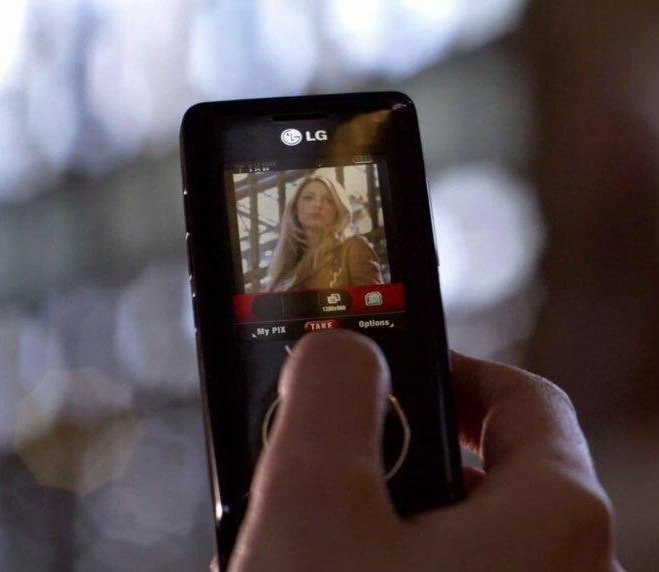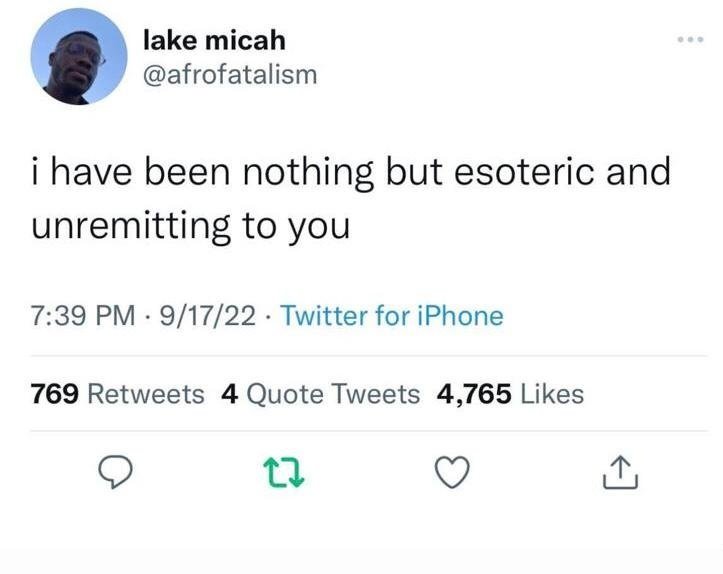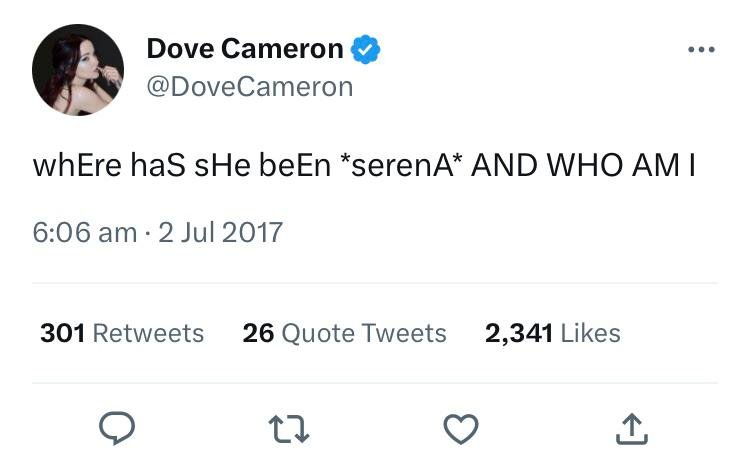A couple of weeks ago, I came across an interview with Caroline Polachek about her upcoming album. It was headlined by her quote: ‘Being offline and off grid is the sexiest thing ever’. However, the interview had almost nothing to do with what exactly Polachek thought was so attractive about being offline and off grid. After being lured in by Polachek’s provocative claim, I felt somewhat cheated after reading the interview. How does someone’s absence from the public eye elicit desire?
I couldn’t help relating this question to my own presence, or lack thereof, on social media. For approximately four months, I refrained from posting any pictures or stories on Instagram. Even at times when the events in my life (picturesque trips to Paris, the English countryside, and California) were opportune for an artsy Instagram post, I found that there was something even more satisfying about excluding these moments from my online presence.
My satisfaction, I later realized, was connected to hauntology. Hauntology, first introduced by Jacques Derrida in his book Spectres of Marx, has been appropriated by a number of contemporary scholars and critics to describe how the present is perpetually haunted by that which escapes representation. As Andrew Gallix writes in his essay on contemporary manifestations of hauntology, ‘Smartphones, for instance, encourage us never to fully commit to the here and now, fostering a ghostly presence-absence’. Something’s absence always evokes its intangible presence. By choosing to be unavailable, my online presence became haunted by the innumerable possibilities that existed offscreen. In that way, I was inspiring a range of assumptions about what I was doing. That, for me, proved to be way more exciting than if I were to lay my life out in the open.
I spoke to an old friend of mine, Bella Lancaster, to get her perspective on the matter. Bella became popular on TikTok in 2019 and thereafter launched her career as an Influencer. Recently, she has been more detached from social media platforms, moving her online presence away from influencing and onto more personal content.
‘When I was in high school, I got into influencing and became close with those online communities really quickly’, Bella says. ‘We were all kids who felt like something was missing from our lives, whether that be attention, connection to other people, or a creative outlet. There were so many things each of us was able to get from the experience of influencing. At the time I used to say that social media saved me but I think it just enabled me’.
On her choice to post less, she says it allows her to ‘control what people know about me’. Social media can be manipulative. When you put yourself online, you’re allowing the world to take bits and pieces from your life and form their own narrative of who you are. Being elusive online allows you to be more selective of the narrative people have of you. Bella agrees: ‘I was tired of being a puppet. Whatever narrative people thought they could create for me to fit a certain scenario, they did’.
There’s a gendered component to making yourself unavailable online that I hadn’t really been aware of before speaking to Bella. My relationship to being intentionally unavailable online is privileged in that it’s less about protecting my own narrative than it would be for a femme person on the internet. ‘In my experience, men are always given a choice to be on social media or not. When you are a girl, you’re expected to put yourself out there, you’re expected to exploit yourself, especially if you are attractive. You’re made to believe that you should be capitalizing on your appearance’, Bella says.
There aren’t really any ramifications when a man decides to be esoteric. It falls in line with the trope of ‘oh, he’s just so mysterious’. For femme people on the internet, especially influencers, you’re expected to perform for the male gaze and your online identity can become contingent on that type of surveillance.
Speaking to Bella about the recent shift in her Instagram, she tells me, ‘I lose followers every day. That used to give me anxiety, but I don’t care anymore. The gradual shift from influencing to posting what I like has brought me so much joy where I no longer feel like I have to perform for anybody and I can be my most authentic self. Posting things like music, poetry, and times with my friends has made me a lot happier’.
This reminds me of a conversation I had with another friend of mine who is a digital creator. We talked about how our lives aren’t quantifiable, especially by likes on social media. Life is so much more qualitative. For Bella, not sharing every moment of her life meant that it belonged to her. ‘Every single moment that I have lived that has not been quantified or put out on the internet or shared in any way is such a gift’, she says.
Her decision to be more esoteric on social media ‘became a matter of self love and preservation’. ‘I thought, “I’m giving so much of myself away, what am I getting in return?”. It wasn’t a beneficial relationship anymore. I was tired of living my life by suggestion and I wanted to feel whole. When you have so many pieces of yourself everywhere, it’s really difficult to know who you are and what you want. Being esoteric became a way of rooting for myself’.
Being intentionally unavailable online allows you to manufacture desire on your own terms. When you’re an influencer, you become desirable in the sense that people want to use you for clout. You become instrumental to them. As Bella notes, ‘It was such a weird thing to see people use my social media presence in some sort of chess game that I didn’t feel like I was a part of’. When you choose to be absent, you become desirable in the sense that people no longer have access to your narrative. You are more autonomous.
‘In the wake of your absence on social media, have there been any assumptions or gossip that you’ve been aware of as to what you’ve been up to? Or, in other words, have you been subject to a “where has she been, Serena?” moment?’, I ask.
‘‘There kind of has been’, she says. ‘Within the influencing community everyone understands how bad it can be for your health so they weren’t really shocked when I’m posting traumatic content and I just go off the grid. But in my college community with people who know me well they have been like “where has she been, Serena?”. I’ll tell people like, here’s my job, here’s what I’ve been doing, but I’m not going to tell them the really big stuff that I’ve been working on because that’s for me’.
My conversation with Bella pinpointed that being intentionally unavailable online isn’t just about inspiring gossip about what you’ve been up to, but also cultivating a more qualitative relationship with the world around us. Beyond the hauntological satisfaction that I brought up earlier, being offline and off grid allows us to formulate a sense of desire in our lives that isn’t validated by the number of likes we receive on an Instagram post.
Our conversation also reminded me of why I decided to take a break from Instagram in the first place. The first year that I lived in London, I sporadically uploaded pictures of the different cities I had traveled to in Europe. When I returned to New York again after a year-long absence, one of my friends said to me, ‘Your life is so cool now, you’re constantly traveling to all these places. I’m jealous’. Moving to a foreign country where I didn’t know anyone was traumatic. I went through a lot of existential suffering and not in a romantic way. There was a dissonance between what my Instagram communicated and what I had experienced. My absence from Instagram was a way that I could regain control of my narrative and be honest with myself and those in my life. I could, as Bella says, root for myself.



